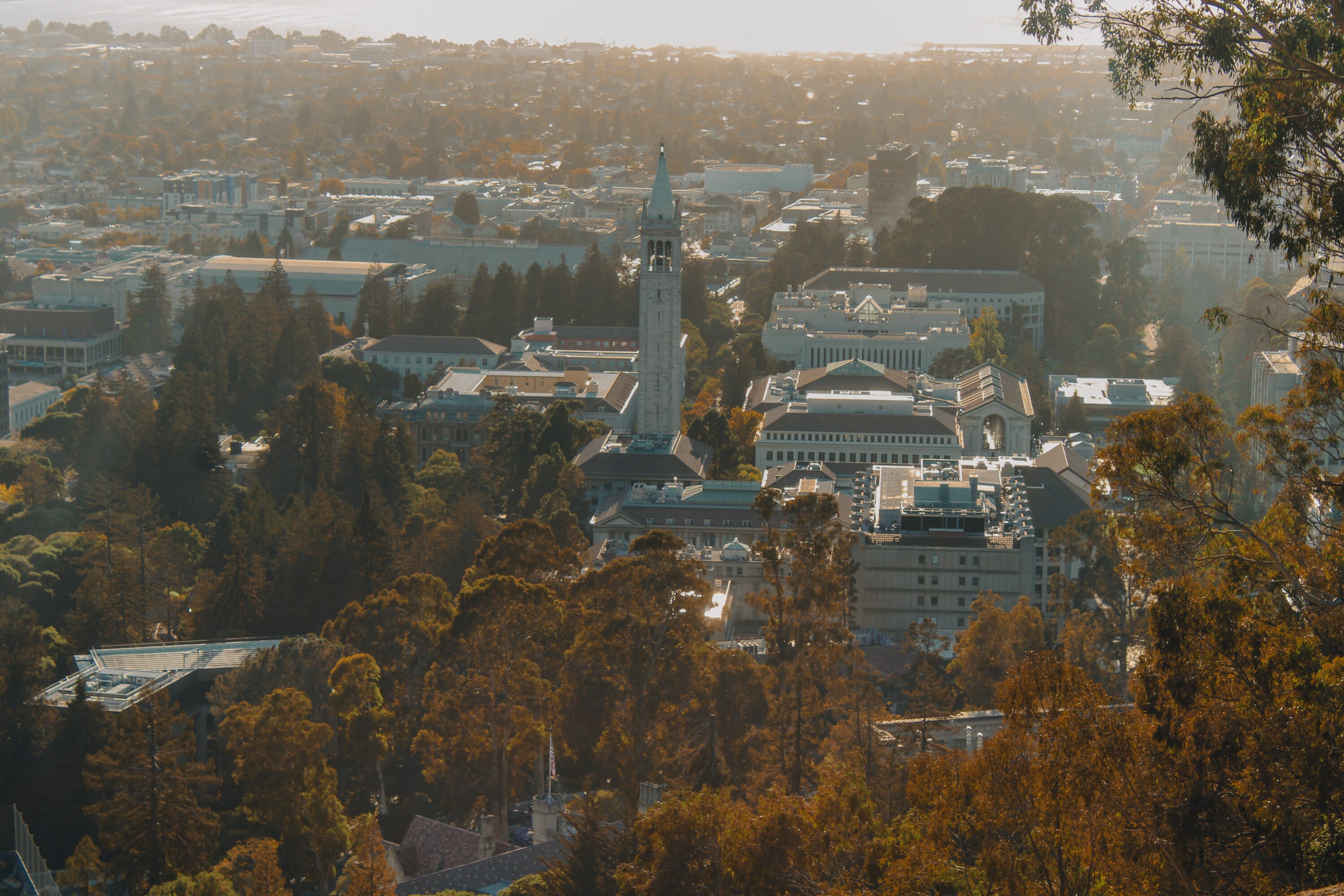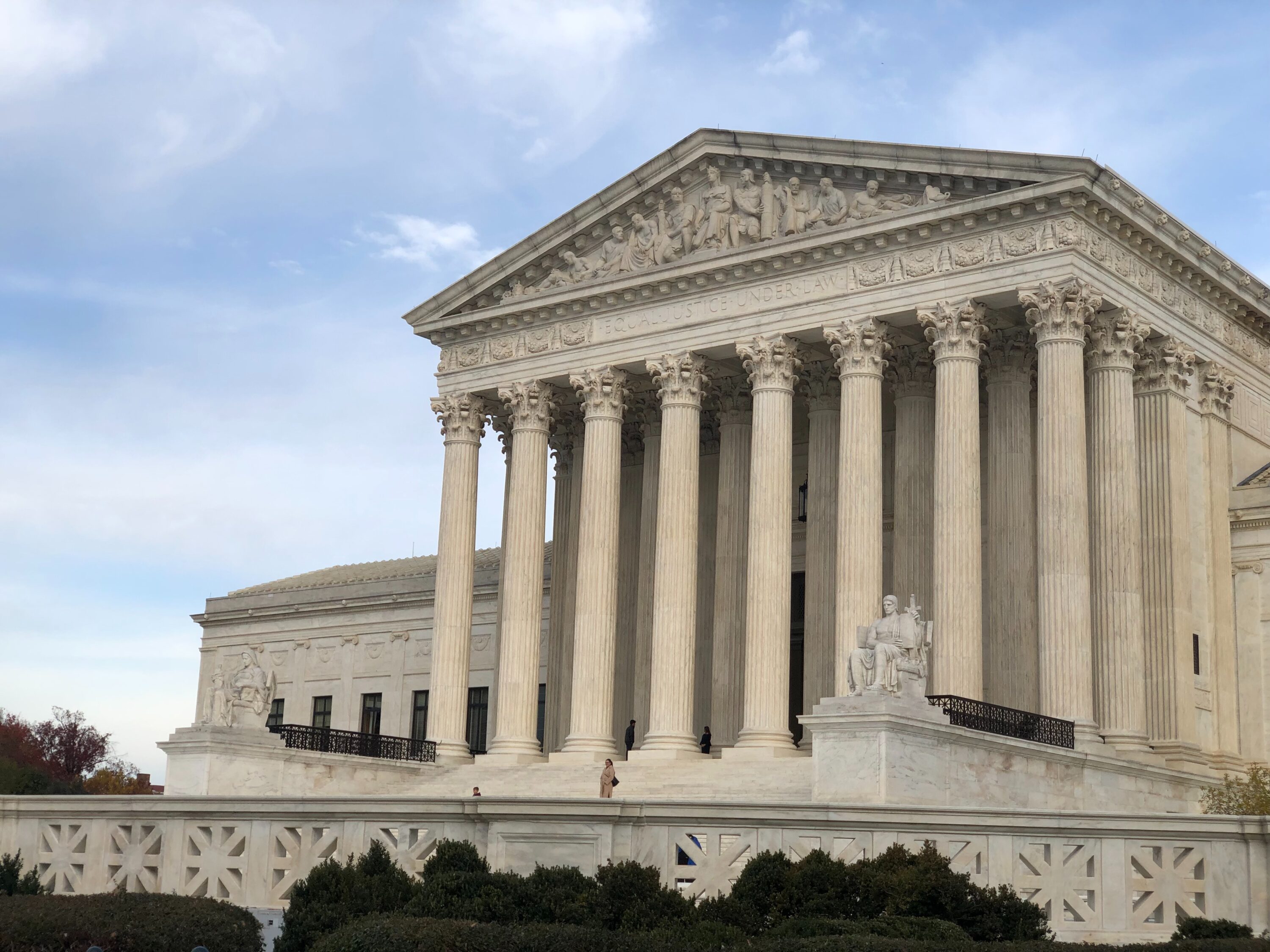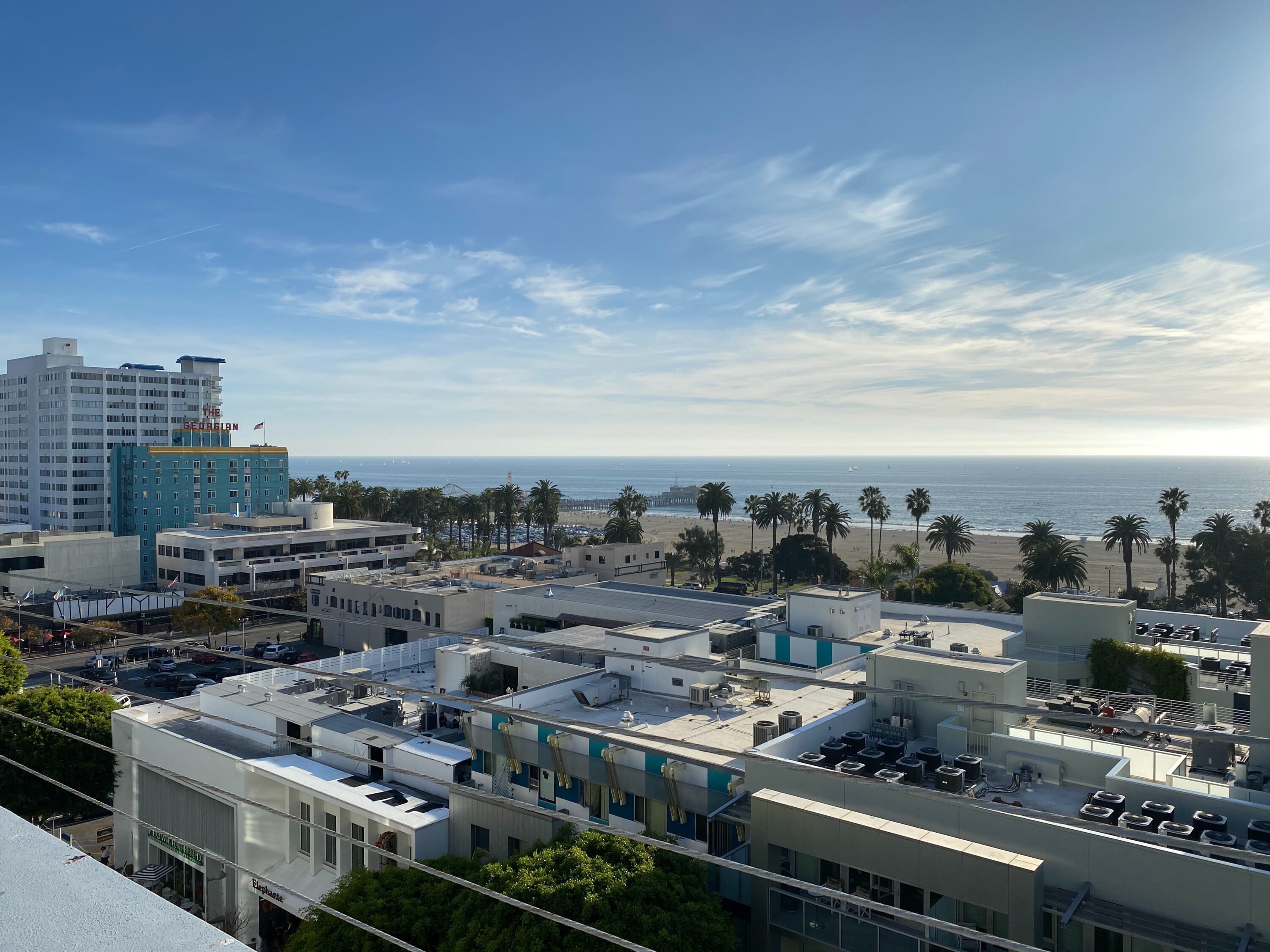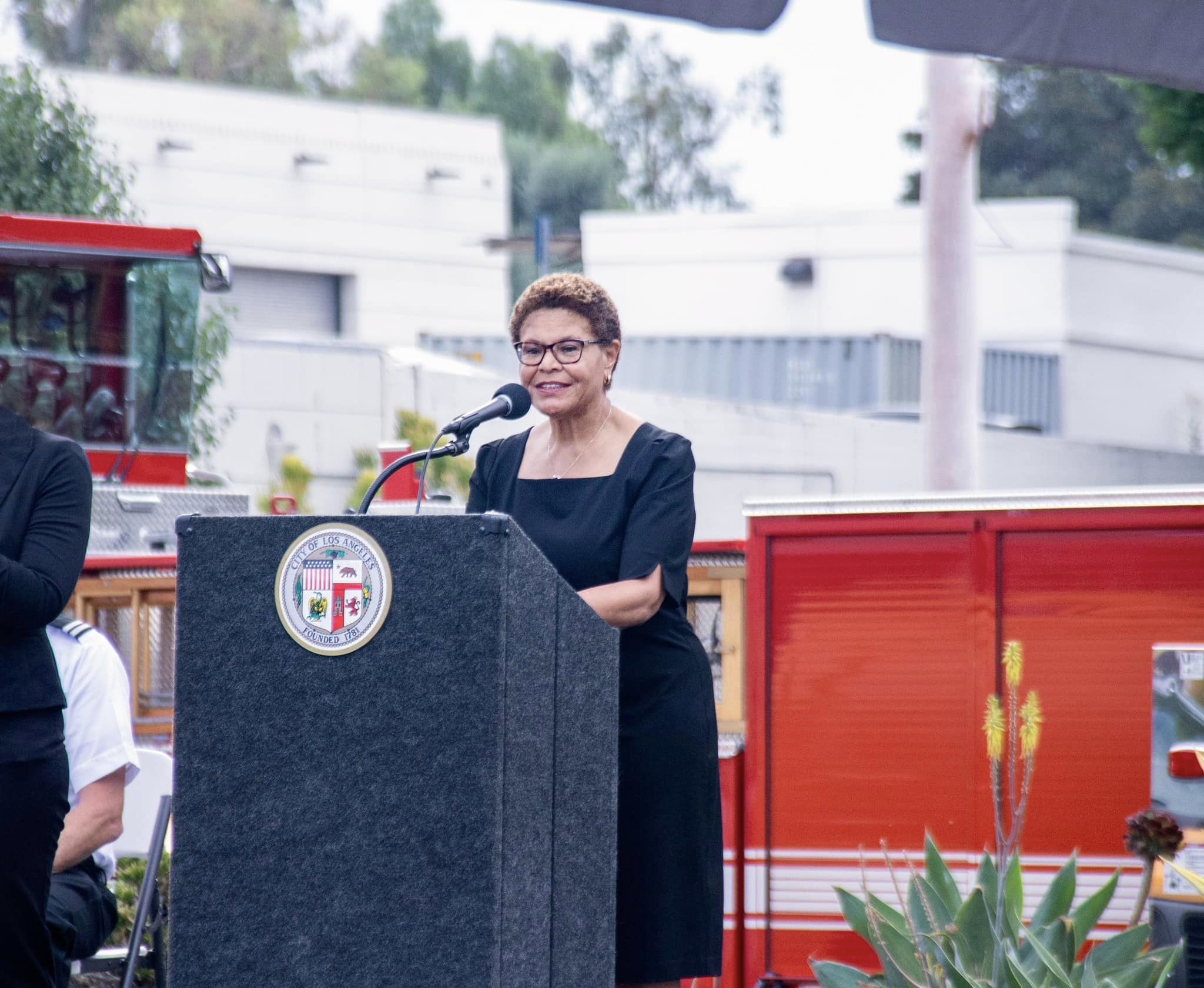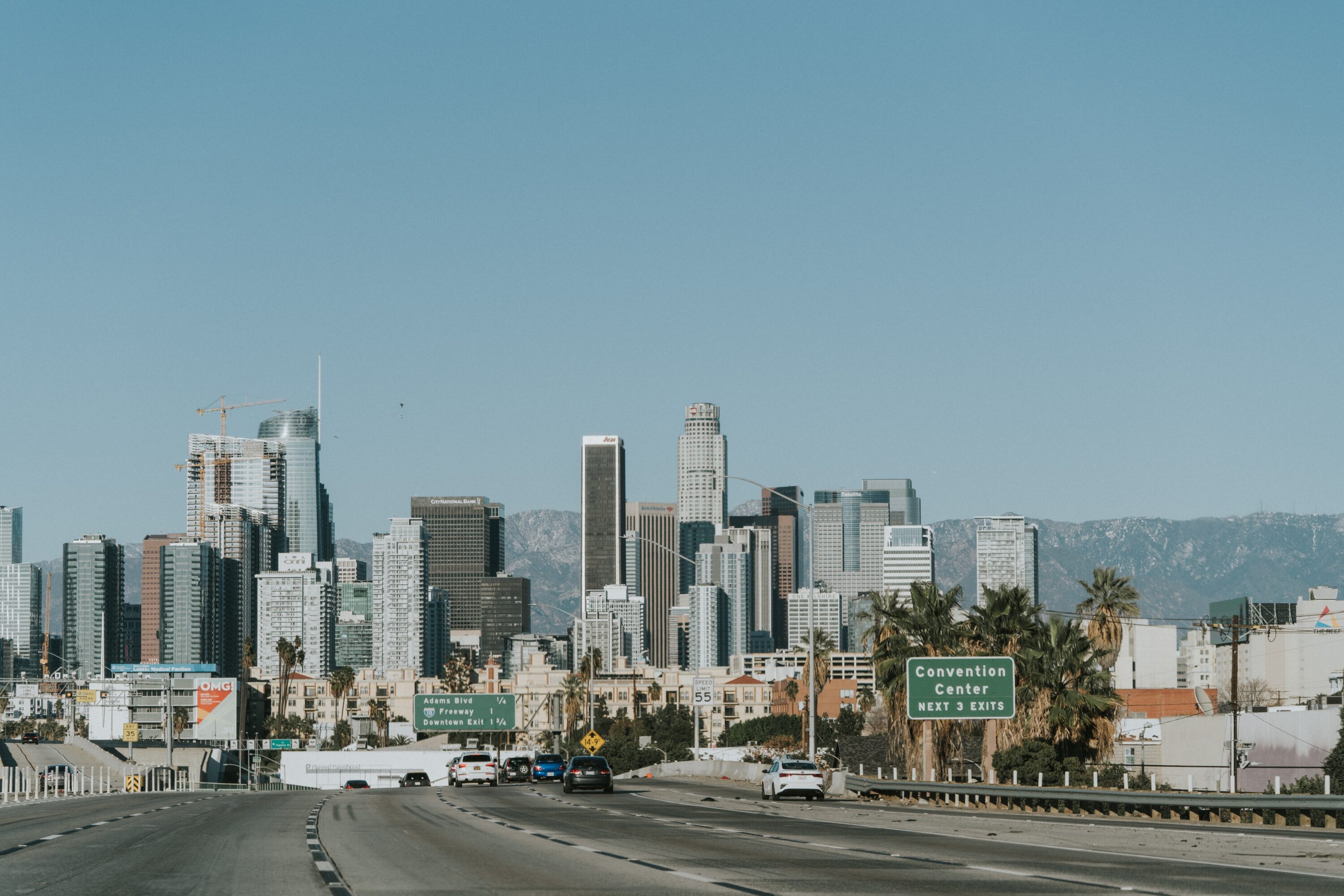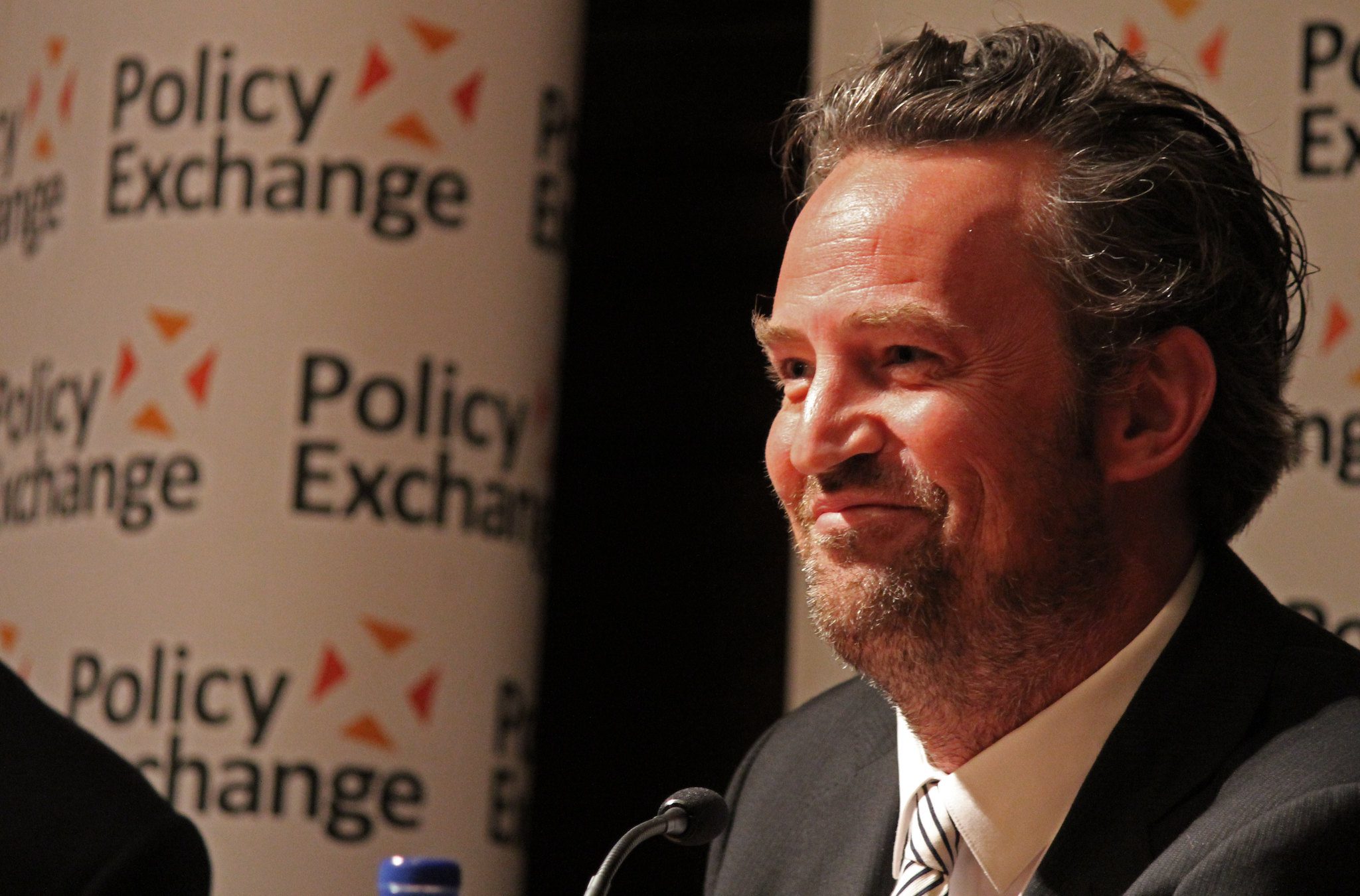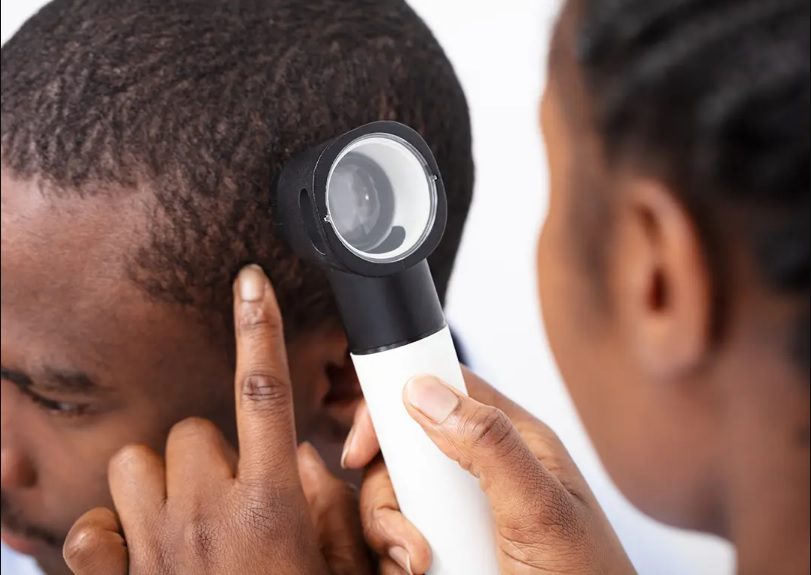By Mary Hudetz
This story was originally published by ProPublica. ProPublica is a Pulitzer Prize-winning investigative newsroom. Sign up for The Big Story newsletter to receive stories like this one in your inbox.
Series: The Repatriation Project:The Delayed Return of Native Remains
America’s institutions maintain control of more than a hundred thousand remains of Native Americans as well as sacred items. A federal law, the Native American Graves Protection and Repatriation Act, was meant to help return them, but decades after its 1990 passage, many tribes are still waiting.
The University of California, Berkeley, took a significant step this week toward repatriating nearly half of the 9,000 Native American remains it holds in its anthropology museum, saying they do not belong on its campus and should be returned to Indigenous people.
A notice filed Tuesday in the Federal Register indicates UC Berkeley is committed to repatriating 4,440 ancestral remains and nearly 25,000 items — including jewelry, shells, beads and baskets — that were excavated from burial sites across the San Francisco Bay Area. The notice follows extensive consultations between the university and tribes, including those that claim the Bay Area as their ancestral lands but are not recognized by the federal government, the university said.
One of the tribes, the Muwekma Ohlone, had for decades asked the school to relinquish ancestral remains, according to records reviewed by ProPublica. But Chairwoman Charlene Nijmeh said the tribe’s requests were repeatedly dismissed by UC Berkeley. A turnover in university staff and leadership in recent years has led to a commitment to supporting the Muwekma Ohlone’s repatriation efforts, she said.
“Our people have always been involved in the protection of our ancestors and returning our ancestors from these different institutions,” Nijmeh told ProPublica. “Berkeley was very unique because they always shut the door on our people.”
Repatriating the ancestral remains and items to tribes would mark a significant moment for UC Berkeley, which has lagged far behind other institutions in returning its massive holdings under the federal Native American Graves Protection and Repatriation Act. The 1990 law requires federally funded museums, universities and government agencies to report the human remains and items in their holdings that came from Indigenous burials in the United States so that they can be claimed by tribes and returned to them.
But as ProPublica has reported this year, more than three decades after the law’s passage, scores of institutions have been slow to complete repatriations. U.S. institutions continue to hold an estimated 100,000 ancestral remains, according to data maintained by the National Park Service. UC Berkeley holds the most, having repatriated just 22% of the 11,000 ancestors it initially reported holding.
Many of these institutions say that they do not know where their holdings are from because of poor record-keeping in the past, or that they do not know which tribe they should repatriate to. ProPublica has also found that some institutions used the remains to pursue scientific research, over the objection of Indigenous people.
“Our campus community is motivated to ensure these people are returned to their community and intended resting places,” the university said in a written statement to ProPublica. “We realize that so long as the remains of ancestors, sacred objects, and cultural items remain in the University’s possession, contrary to Tribal wishes, justice will not be served, and the healing we seek will not be complete.”
The release of 4,440 remains and many more items to tribes would mark UC Berkeley’s largest repatriation by far and come as many institutions have signaled changes in their handling of repatriation requests from tribes. It also would follow a wave of pledges from institutions to prioritize repatriation work following ProPublica’s reporting.
UC Berkeley stressed that this week’s notice in the Federal Register is just one step in the lengthy NAGPRA process. Citing federal repatriation law, the notice says tribes — namely those with historical or present-day ties to the Bay Area — have 30 days to file claims for the human remains.
If the repatriation is ultimately completed, the school would no longer have the unwelcome distinction of holding more Native American remains than any other institution in the country, according to the National NAGPRA Program within the National Park Service. Based on federal data from Sept. 30, the Ohio History Connection, a museum and research center in Columbus, would have the most.
Tribes, especially in California, have for decades expressed frustrations with UC Berkeley’s handling of their repatriation requests. In the past, the university stalled or challenged tribal groups’ efforts to make claims to the remains of their ancestors.
In 2018, for example, a UC Berkeley repatriation of 1,400 ancestral remains to the Santa Ynez Band of Chumash Indians, situated near the California coast, resulted in a series of missteps and delays, as ProPublica reported this year. A decade passed between the school publishing in the Federal Register its intent to repatriate the remains to the Santa Ynez Chumash and the tribe finally retrieving them in the summer of 2018.
Then, two years later, the university notified the tribe that the remains of six ancestors that should have been repatriated to them hadn’t been because they were stored in a teaching laboratory. The professor who had oversight of the laboratory said movers may have mistakenly placed the remains there years earlier when the laboratory was relocated from one campus building to another.
UC Berkeley has since pledged to change its ways in response to persistent pressure from California tribes, which led to a 2020 state audit. This spring, a letter from a group of U.S. senators that cited ProPublica’s reporting on repatriation called on the university — and four other U.S. institutions — to explain why they had been slow to complete repatriations in the 33 years since NAGPRA’s passage.
In response, Chancellor Carol Christ told lawmakers in June that the school had reformed policies and practices that had been blamed for stalling repatriations. “We are not proud of the fact that the NAGPRA eligible collection at the museum is one of the largest collections in the country and are working to address this injustice,” Christ’s letter said.
For Nijmeh, the Muwekma Ohlone chairwoman, the fact that UC Berkeley is moving closer toward repatriating the 4,440 ancestral remains and tens of thousands of items from the Bay Area is bittersweet. On the one hand, the school is showing in official documents, like the notice in the Federal Register, that it recognizes the human remains and items it collected from the Bay Area come from the aboriginal lands of the Ohlone people, she said.
On the other, however, the United States does not recognize the tribe, which could result in a repatriation process that is far more complicated than it would be if the tribe had federal recognition, she added. She also said that the Muwekma Ohlone Tribe does not have land as a result of lacking federal recognition. So if the day does eventually come for the tribe to reclaim the ancestral remains, she hopes that UC Berkeley will arrange to set aside land for them.
“We don’t have land to rebury,” she said. “It’s not going to be easy.”
ProPublica is a Pulitzer Prize-winning investigative newsroom. Sign up for The Big Story newsletter to receive stories like this one in your inbox. Republished with Creative Commons License (CC BY-NC-ND 3.0).

